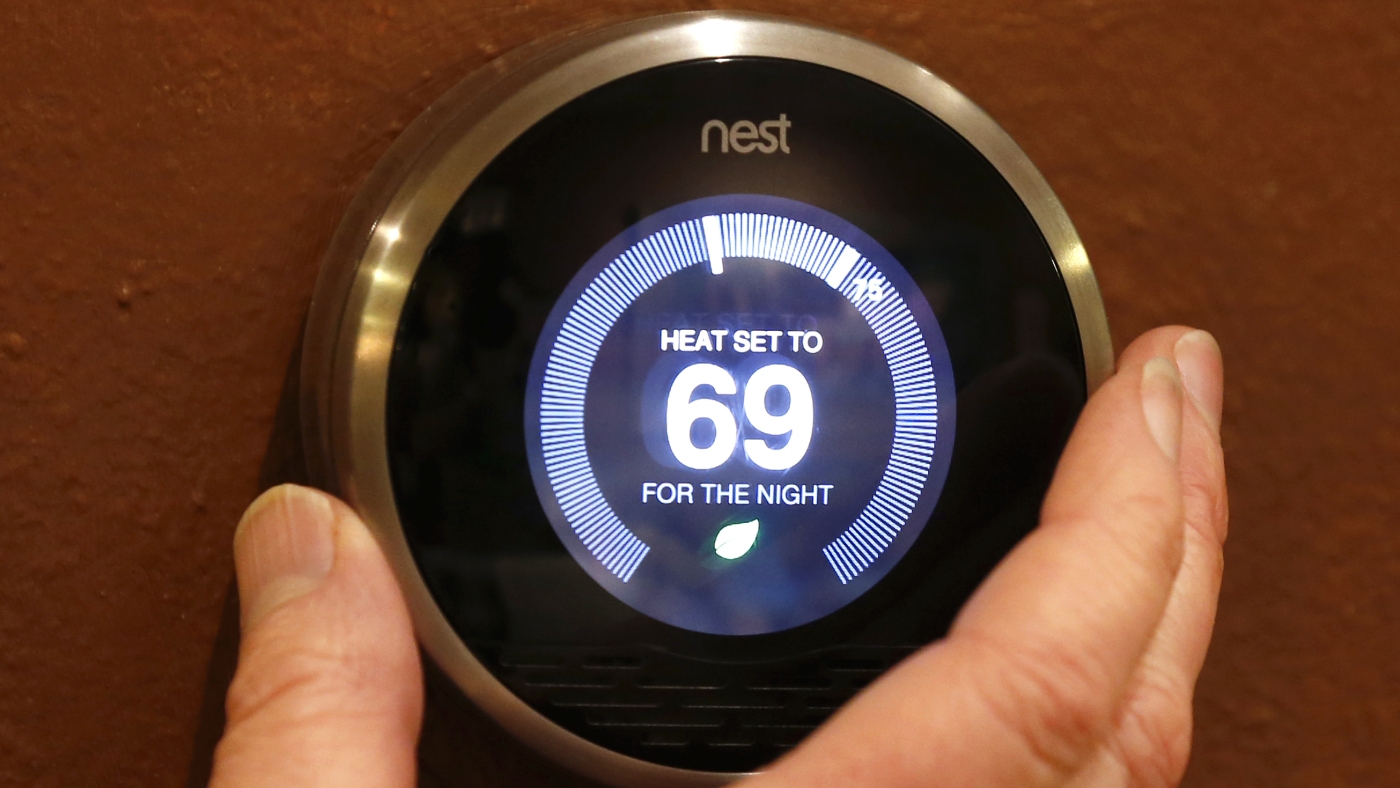Summer heatwaves are hitting the U.S. hard, with temperatures breaking records and air conditioners working overtime. A recent report from AccuWeather highlights a persistent heat dome that’s expected to cause triple-digit temperatures across many states. As people search for ways to beat the heat, “precooling” has become a hot topic.
What is precooling? It’s a strategy where you cool your home during off-peak hours to avoid high energy costs later. But does it really work? Experts have mixed opinions, and the effectiveness depends largely on your home’s setup.
Daniel Barber, an architecture professor at Eindhoven University of Technology, explains that while precooling can reduce reliance on air conditioning, it comes with caveats.
He noted, “Running an AC at super-low temperatures is energy-intensive and generates harmful greenhouse gases.” Barber suggests keeping windows and curtains closed and maintaining your air conditioner well for it to be effective. He also stresses that turning the AC on and off frequently can waste a lot of energy, as it takes more power to cool a hot room than to maintain a cooler temperature.
The U.S. Department of Energy recommends setting your thermostat between 75-78 degrees during summer. Utility companies like Arizona Public Service support precooling, advising customers to lower their AC early in the morning and raise it during peak hours. However, Georgia Power warns that this strategy may only work in very efficient homes. Their spokesperson, Matthew Kent, mentions that comfort levels and outside temperatures play crucial roles in precooling’s success.
In contrast, Exelon Corporation cautions that running the thermostat at its lowest can lead to high energy use and potential mechanical issues. Their representative, James Gherardi, noted, “Strain on home systems could lead to increased costs and safety concerns.”
So, what can you do to cool your home more efficiently without relying heavily on air conditioning? Experts suggest a few key tips:
- Regularly change your air filters.
- Seal windows and doors to prevent drafts.
- Use major appliances like ovens and dryers during non-peak hours.
- Switch to Energy Star-certified LED lights.
- Keep curtains and blinds closed to block out the sun.
- Set your AC to a higher temperature when you’re not home.
With heat waves becoming more common, adapting your cooling strategies can help you save energy and stay comfortable. It’s not just about precooling; it’s about smart choices year-round.


